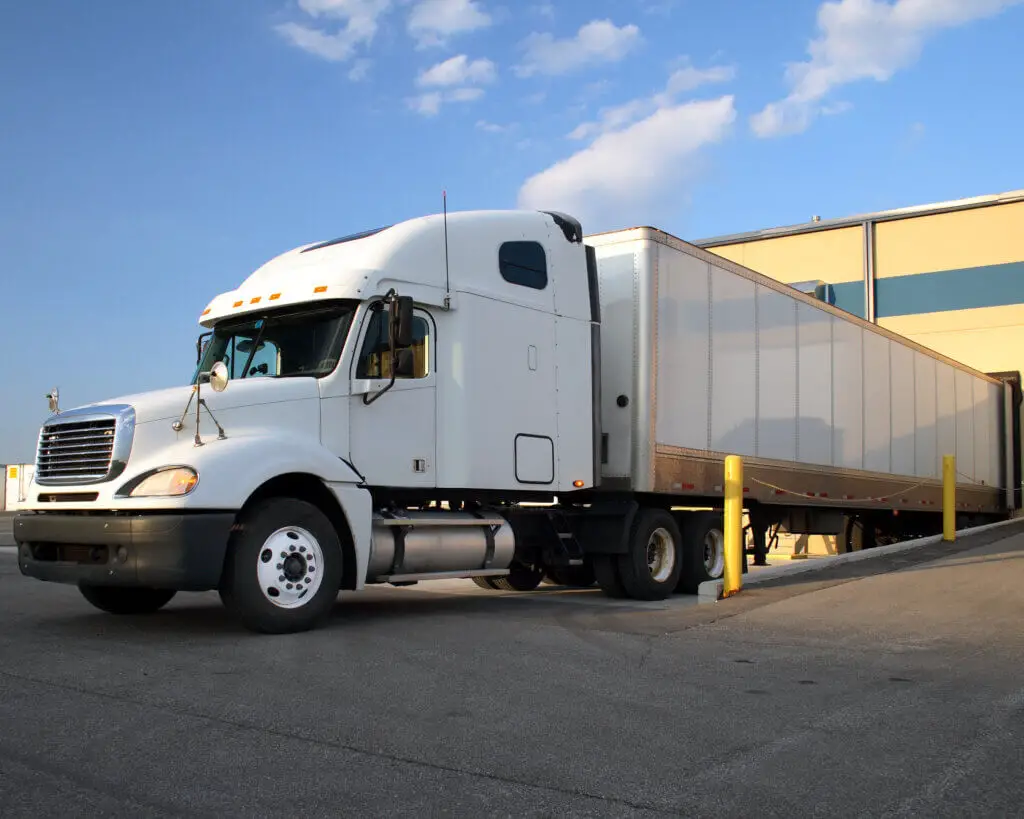The term “detention” is often associated with negative connotations and may elicit unfavorable emotions regardless of the context. Experienced elements in the logistics scene are all too aware of a detention fee that may show up when it’s time to pay the transport bills. This fee compensates truck drivers for waiting to load or unload cargo.
But while the concept may seem reasonable, many people in the trucking industry do not like the idea of detention pay. So, why does it happen so often? This article provides a detailed analysis of detention pay, explaining what it is, why these charges occur, and how to avoid it.
What Is Detention Pay
Detention pay is an accessorial fee that a trucker receives when they are made to wait at a pickup or delivery location for an extended period. The industry standard “free time” that a driver is expected to stay idly without extra payment is approximately two hours. However, truckers can request additional compensation in detention pay if the wait time extends this limit.
Typically, the cost of detention pay is borne by the shipper, with the carrier charging a detention fee for the amount their driver is required to wait at a given location or facility. This fee compensates drivers for the time and resources expended while waiting, such as fuel, maintenance, and other operational costs.
How Does Detention Pay Work
Time is a critical factor in the trucking industry, particularly for truckers. Efficient time management is essential for truckers to meet their delivery schedule and maintain a steady income stream. Time also dictates a trucker’s productivity and profitability and can be a critical factor in the success or failure of a trucking operation.
Truck drivers earn their income by transporting and delivering freight and not waiting for long periods at pickup or delivery locations. They must conform to strict regulations on the number of hours they can work in a day; hence, any additional waiting time can be detrimental to their bottom line. Detention pay compensates drivers for the time they lose while waiting, which translates to lost income.
As a result of the strict regulation on working hours, truckers cannot simply “work extra” to make up for the lost time. And while detention pay helps drivers mitigate some of the financial loss from waiting, truckers would rather not wait. As such, there is a need for shippers and carriers to work together in reducing waiting times, ensuring that truckers can remain productive and profitable while on the job.
Trucking Detention vs. Layovers
Two terms often used interchangeably in the trucking industry are detention and layover. Both terms refer to periods when a driver is not actively driving but is instead waiting for a pickup, delivery, or other services. However, while detention compensates for the time spent waiting at a pickup or delivery location, a layover is quite different.
Truckers that experience a layover are delayed for significant periods, usually spanning a day or more, while waiting for a shipment from the shipper or the receiver. This mainly occurs when a driver arrives early for the next delivery and must wait until their appointment. Layovers can also be due to delays in loading or unloading cargo.
Similar to detention, layovers can significantly impact a driver’s ability to earn a living; however, depending on company policies, some trucking companies provide accommodations or compensations for drivers during layovers.

How Much Is the Detention Fee
Detention fees can vary depending on the specific circumstances and the terms of the carrier’s contract with the shipper or receiver. In most cases, detention fees are a fixed rate per hour, and at other times, they increase in increments based on the length of the delay. Detention fees typically range from $30 to $90 per hour, and some carriers charge as much as $1,000 per day for extended delays.
Some truckers determine their detention fees using the average speed limit. For instance, a trucker can determine how much it costs to run a truck by multiplying his cost-per-mile by the speed limit. Hence, if it costs, on average, $60 an hour to run a truck based on the cost-per-mile, the trucker can charge a detention fee of $60.
This is just one scenario; carriers could also have different policies and rates depending on specific circumstances. Hence, it’s best to negotiate detention thoroughly with the broker or shipper to avoid the risks of misunderstanding.
Downsides To Driver Detention
One common misconception in the trucking industry is that truckers welcome the idea of detention because it’s seen as extra money on top of what was initially agreed for hauling a load. However, in reality, time is a crucial factor in the trucking sector, and waiting idly for several hours for detention pay is not ideal for drivers.
The detention fee only compensates truckers for the time and resources wasted. Drivers do not profit from detention fees, so the business can’t grow. Even a fair detention rate is still not comparable to the earning potential of a driver actively transporting loads.
Aside from carriers and truckers, detention is a scenario despised by shippers responsible for paying the associated costs. In addition to the financial implications, detention can also result in significant delays in the delivery time to the customer on the receiving end, damaging business relationships. The downsides to detention are all-encompassing and affect all parties involved; hence all parties involved should take active measures to prevent it from happening.
How To Avoid Detention Pay

Logistics rely on collaborating with every relevant party to make the process more streamlined and efficient. However, in most cases, delays are beyond a trucker’s control. Thankfully, there are some steps that truckers can take to help avoid detention time.
The most crucial step is developing a seamless communication channel with the broker, carrier, and customer. Effective communication is an essential aspect of the trucking industry and can bring numerous benefits to all parties involved, including carriers, shippers, brokers, and truckers. A clear communication channel helps improve efficiency and productivity, enhance safety, reduce costs, and improve customer experience.
With effective communication, brokers can verify that the shipment is ready and that the appointment or arrival times are still feasible while also identifying and addressing any potential issue that could result in a delay. Truckers should also map out routes ahead of time and take all precautionary measures to ensure they arrive on time.
Communication can decide between a successful loading and unloading process and one that results in detention. By taking preventive measures and working closely with each other, every element of the logistics process can minimize the risk of detention, which can ultimately enhance relationships.
Conclusion
Truck drivers are responsible for ensuring their loads’ timely pickup and delivery. And while they have a certain degree of control over the timing of their journey, they still have to contend with various external factors such as weather, traffic, and mechanical issues.
However, despite their best efforts to mitigate delays, they have no control over the time required for shippers or receivers to load or unload shipments. This can be frustrating for truckers and affects their overall productivity and earnings. As such, it is the responsibility of everyone to adhere strictly to a timeline and streamline the entire logistics process to avoid delays.
